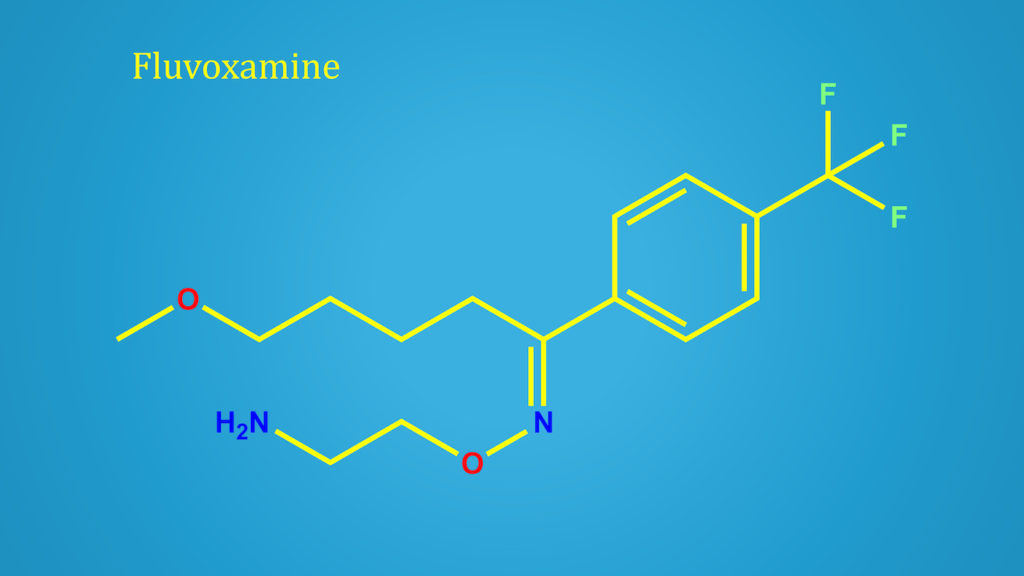A recent real-world study found that COVID-19 patients treated with fluvoxamine had less severe illness and no hospitalizations. Fluvoxamine is an antidepressant commonly used for obsessive compulsive disorder, with the ability to fight inflammation and block activation of platelets. These effects likely reduce the incidence of sepsis and blood clots that are common features of severe COVID-19 infection. The study (recently published in Open Forum Infectious Disease) was conducted during an outbreak at the Golden Gate Fields horse racing track in Berkeley, California. Physicians gave those infected with COVID-19 a choice of taking the fluvoxamine treatment. Of the 65 people who opted to take it, none were hospitalized and all recovered in two weeks. In the group of 48 people who declined fluvoxamine, six (12.5%) were hospitalized, two had to be put on a ventilator, and one died.
Research on the use of existing medications for treatment of COVID-19 has gained the attention of physicians, regulators, and the media. Fluvoxamine, ivermectin, and metformin show promise for treating the virus. While large, controlled, double-blind, randomized clinical trials are the gold standard for evaluation of medical treatments, they take time and significant financial backing. Until such trials are complete, should promising existing drugs be used to treat patients with coronavirus now? Some physicians feel that medications that have already proven safe for other uses could be repurposed for patients at significant risk due to COVID-19 infection (see articles in the Washington Post and Science News).
The Parsemus Foundation has donated funds to support initial clinical research on the use of metformin and the MMR (measles, mumps and rubella) vaccine to battle COVID, and is helping to fund and publicize the work on fluvoxamine and other promising treatments. (See our COVID-19 webpage.)



